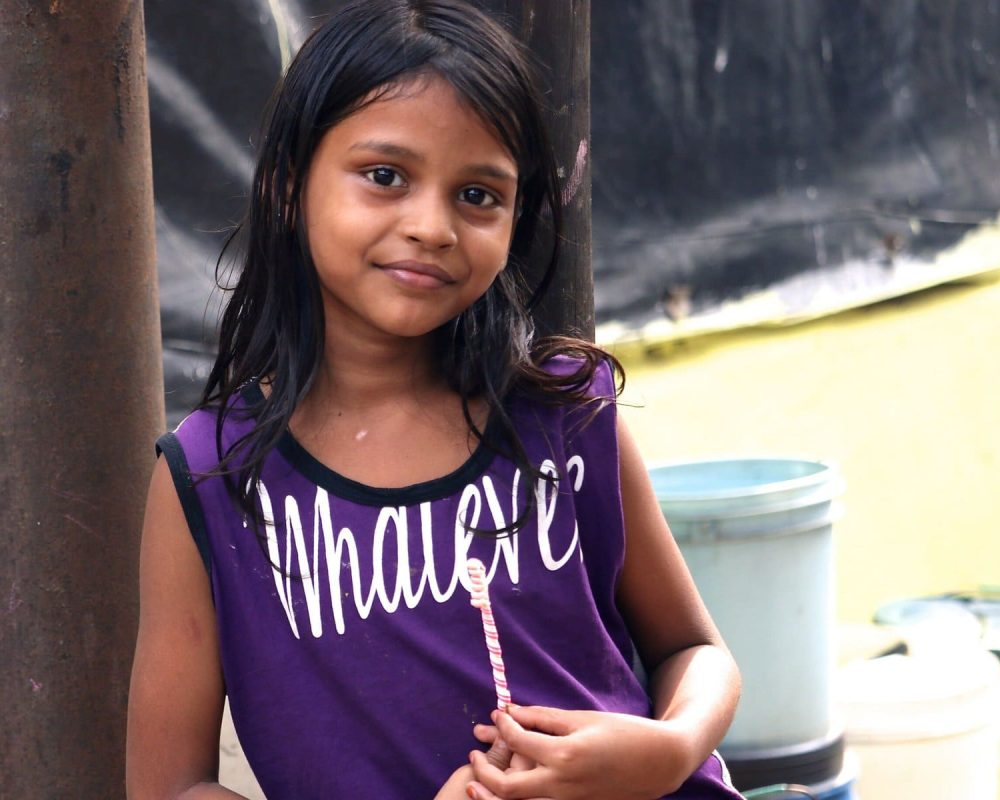The third project was to gather mediators specialised in cross-border disputes from all the continents to jointly elaborate and draft an international charter of professional conduct, as well as a set of best practices.
The Charter, published in 2017, is the fruit of an international working group of 55 professional mediators who serve as representatives and come from all seven continents. All established and recognised structures specialising in international family mediation across the world were part of this Collaborative Process. As an international document of reference, The Charter serves as a medium to strengthen dialogue and cooperation between mediators and administrative and legal bodies; for this reason, the initial work of the group took place in parallel to an international conference on child protection, focusing in particular on The Hague Convention of 1996 (read Conference Report).
As collectively decided in May 2017 in Geneva, this collaboration was being pursued with the aim to create a Global Network of International Family Mediators.
Read the Charter for International Family Mediation Processes (in Arabic, English, French, Russian and Spanish) and the How to Use (in Arabic, English, French, Russian and Spanish).
These documents are also available in WORD format: Arabic, English, French, Russian and Spanish.



